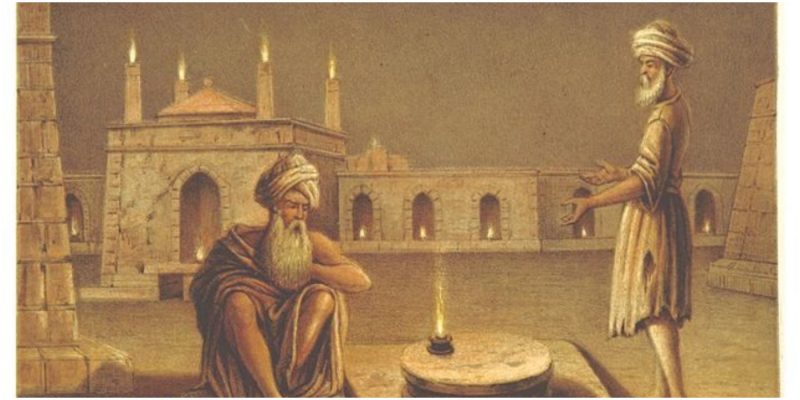The Swiss psychiatrist and psychoanalyst who founded analytical psychology, Carl Gustav Jung, wrote about the Bushmen of the Kalahari Desert and their interesting view on life. According to the Bushmen, all men are driven by hunger essentially, but there were two types of hunger. The first, which is the Little Hunger, is the one that wants food for the belly and drives us toward survival, and the second, the Great Hunger, is the hunger for meaning, which in their view is the greatest hunger of all.
While the former can be viewed as the pursuit of happiness, the latter brings far more comfort to the soul, something that is greater than happiness or unhappiness, because it is meaning and meaning transfigures all. Once what you are doing has meaning for you, it is irrelevant whether you’re happy or unhappy. You are content–you are not alone in your Spirit. You belong.
And this just might be the simplest explanation of why people throughout the ages, in order to find their meaning often considered searching for it in the form of some omniscient, omnipotent and omnipresent divine Supreme Being.
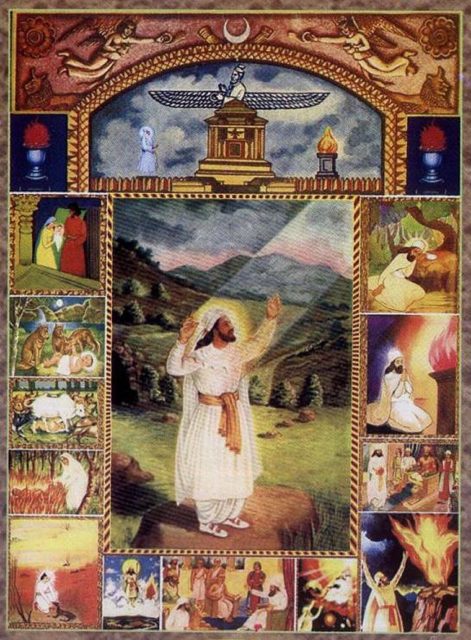
From the dawn of ages, men have created a God, or the other way around, and recordings of the existence of such divine objects of faith are found since the earliest drawings in the oldest of caves through to the newest books and movies of today. One of them is George R. R. Martin’s A Song of Ice and Fire, and in it, the author speaks of different people from different cultures who embrace different Gods, such as the Old Gods of the Forest, the Faith of the Seven, the Drowned God, The Many Faced God. Among them are people from a place named Essos who worship R’hllor, the fire god also known as the Lord of Light. With this group, Martin has created quite an original concept. Or is it?
People who worship this Supreme Being actually believe in the existence of two deities, in the words of the Red Priestess named Melisandre: “A god of light and love and joy, and a god of darkness, evil, and fear, eternally at war.” R’hllor, as the god of fire, provides light, heat, and life, and struggles against the darkness, cold, and death, represented by an opposing being, the Great Other.
And at first, when one is reading the books or watching the HBO epic, one would think that this is somewhat analogous to Christianity, Judaism, or Islam, only observed from a darker perspective. Yet Christianity, Judaism, and Islam actually took some influences from a more ancient belief, Zoroastrianism, one of the world’s oldest existing religions.
All these are monotheistic; belief that there is only one God, the all-powerful creator of the world. The legends of the followers of R’hllor are not so different, as can be seen in the illustration of the savior Azor Ahai, who it is said will return and drive back the darkness.
In the books and the show, Azor Ahai is a mythological figure from an ancient time, a demigod warrior so to speak, who triumphed over the Great Other in a great battle and in times of darkness and peril, while bearing a magic weapon called a Lightbringer, blessed by R’hllor the Lord of Light himself. And the prophecy speaks that he will rise once more during times when “the night is dark and full of terrors” once again.
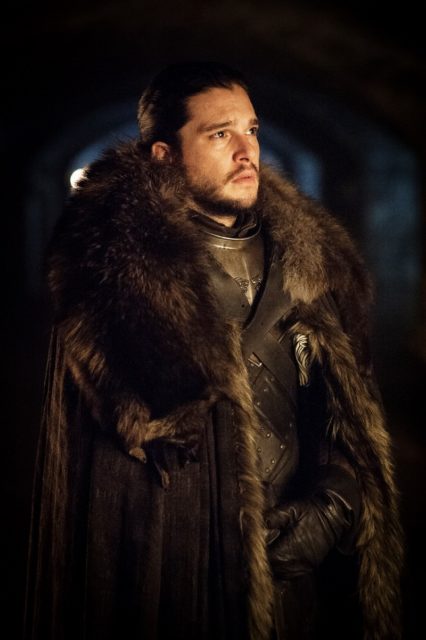
Much has been discussed of the possible historical origin of the legend of Azor Ahai, but Martin himself once hinted that he developed the idea of this fire-worshiping faith from the Zoroastrianism, a pre-Islamic Persian religion that began thousands of years ago in what is Iran today. In the season 7 premiere of Game of Thrones, Sandor Clegane (Rory McCann), who is traveling with a group of followers of the Lord of Light, was urged to “look into the fire” by its priest, and so saw a prophecy possible becoming true, an apocalypse of an army of the dead–“thousands of them.”
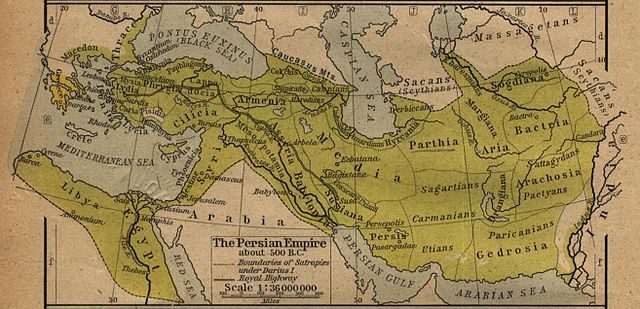
In Zoroastrianism, God is presented as an omnipotent, supreme figure called Ahura Mazda (Ahura, the Lord Creator, and Mazda, Supremely Wise) who is believed to connect two spirits or two principles: the Spenta Mainyu, or the Good Spirit and Angra Mainyu, or the angry spirit. While the first represents an all-good “father” of Asha (truth, order, justice), the latter represents druj (falsehood and disorder).
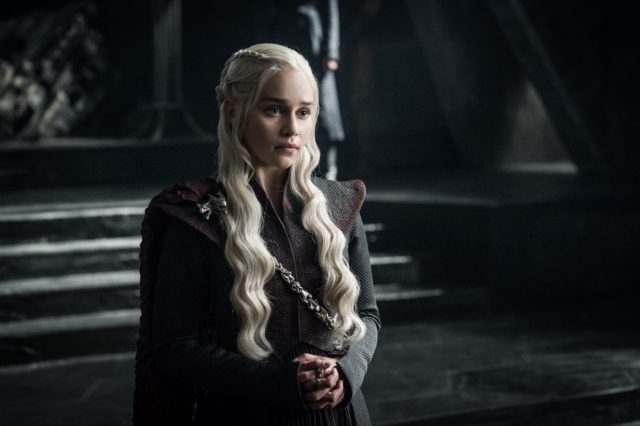
According to Zoroastrianism, Ahura Mazda through the Spenta Mainyu is a life-giving creator who constantly opposes his evil Other, the spirit or principle born of Akəm Manah or “evil thinking”, an adversary that ultimately must be defeated. And the resulting conflict involves the entire universe, including humanity.
This thought of eternal struggle and combat with an evil Other is hardly new, however, according to Zarathustra, or Zoroaster, the ancient Iranian prophet whose teachings developed into Zoroastrianism, this battle is fought within each person. In his writings, Zoroaster sees the human condition as the mental struggle between asha (truth) and druj (lie), and while there is only one God, human beings are given a right of choice, to follow principles of one or the other, to embrace the spirit of Spenta Mainyu or his contesting force.
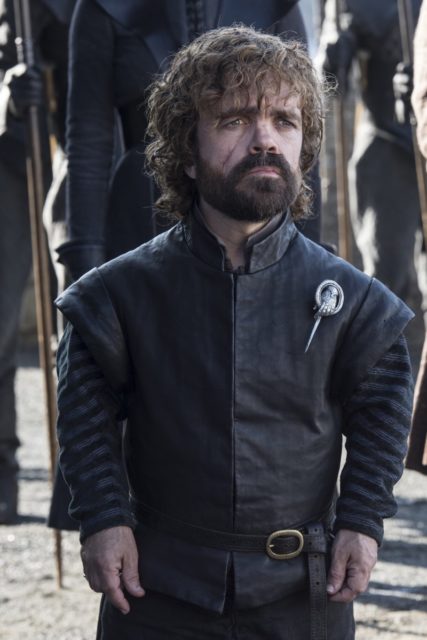
Because of free will, the choices people take as a consequence will determine either they are the helpers of Ahura Mazda or helpers of Angra Mainyu, within them as well as the world as a whole.
And when all of mankind chooses truth, order, and justice over falsehood and disorder, evil will finally be defeated and Paradise on earth will be realized. Thus clearly saying that every man could essentially be an Azor Ahai, if only one chooses to be.
